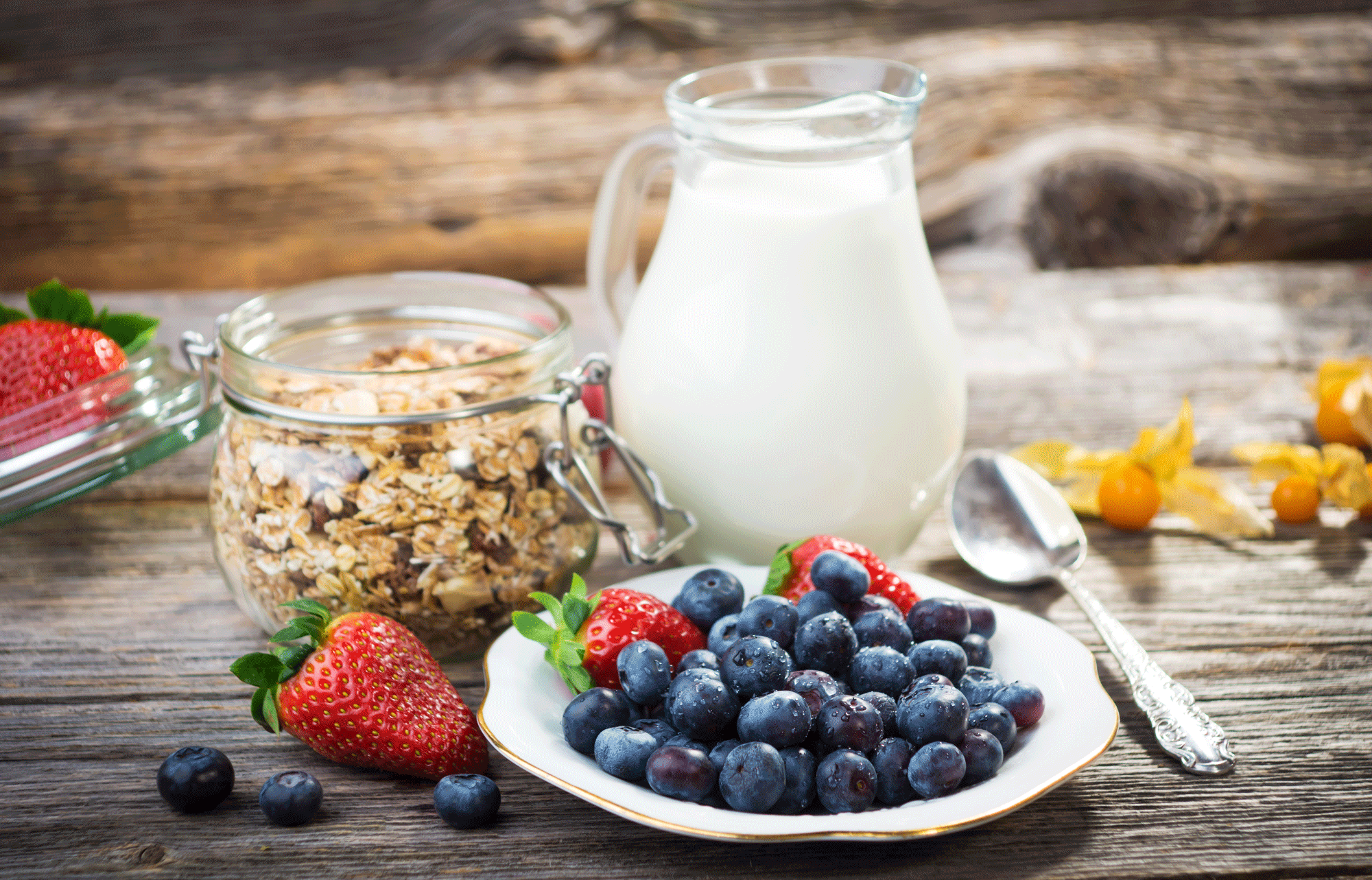
Is Breakfast Really the Most Important Meal of the Day?
We have been hearing it since childhood: breakfast is the most important meal of the day. It is commonly said that eating breakfast stimulates brain function, revs up your metabolism, and aids in maintaining a healthy weight. But is that actually true?
The emphasis on the importance of breakfast in our society is both cultural and based on, well, old science. Back in the 1960s, researchers studying health and longevity found that those who faired best in the study ate breakfast and made other healthy lifestyle choices like getting enough sleep at night and maintaining a regular exercise routine.
It is important to note that this science is based on decades old eating habits, which means fresh-made breakfasts made from whole ingredients like eggs, oatmeal, and fruit. Claims that eating breakfast can help people lose weight, or at least help them to maintain healthy weight, are grounded in the notion that what you’re eating for breakfast is actually healthy.
According to a recent study published in The American Journal of Clinical Nutrition, eating breakfast did not make the study participants lose any more weight than the non-breakfast eaters. In fact, depending on what they were eating for breakfast, some participants put on weight instead.
Today, many people choose to eat premade foods like sugary cereals, breakfast burritos, granola bars, toaster pastries, and drive-through breakfasts. Though these types of foods are undoubtedly filling, they are also commonly loaded with lots of sugar, unhealthy fats, and processed carbohydrates.
It is these type of breakfast choices that can cause people to gain weight from breakfast foods, which is why the old adage of breakfast-is-best no longer applies to today’s version of breakfast.
Sadly, returning breakfast to its former glory would still not actually reap the benefits of that eating breakfast has been hyped to offer. It is not that breakfast is bad for us, it’s just that breakfast is not as important as it has been made out to be.
For many, breakfast is a must, and the perfect start to their day. For others, a cup of coffee is enough to get their engines revving until true hunger kicks in, which for a regular 9-5 worker might come around 10 or 11 am. As it turns out, that is just as healthy as eating breakfast.
Listening to your body’s natural hunger cues is a great way to satiate hunger pangs without overeating, binging, or forcing yourself to eat at an hour when you normally do not crave food.
One thing that doctors and researchers agree on is that consuming processed, sugary foods that are high in saturated fats first thing in the morning is likely to cause an insulin spike. It is also a likely culprit for excessive weight gain if that consumption is not combined with daily exercise and healthy meals.
Ultimately, it is not when we eat, but what we eat that matters. Though breakfast may not actually be the most important meal of the day when compared to lunch and dinner, a healthy breakfast (at whatever time you choose) is going to give you improved brain function, a metabolism boost, and maintaining a healthy weight.

